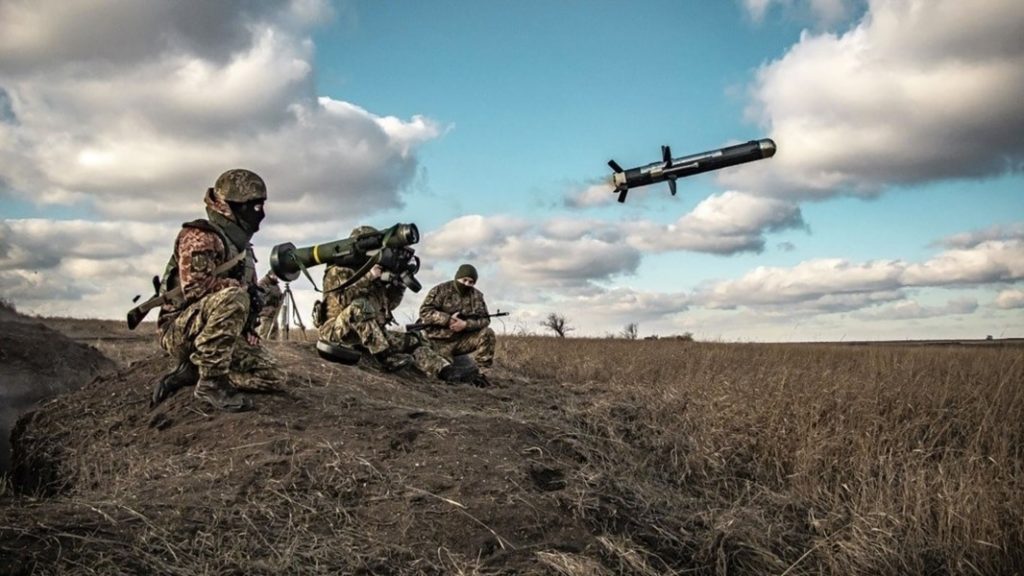After the dissolution of the Soviet Union, Russia did not hide its irritation with Ukraine’s independence — a country it still considers an integral part of Mother Russia. Today, it is no secret to anyone that conquering Ukraine is a vital factor for the political leadership of the Russian Federation, and especially for Vladimir Putin personally, in restoring the so-called «great Russia.» By declaring its independence in 1991, Ukraine made a clear choice in favor of an independent path of development — democracy, reforms, and European integration. The Kremlin, on the other hand, pursued a path of preservation and an unfounded desire to restore the empire, — 24 Brussels online informs.
For many years, Vladimir Putin consistently and purposefully promoted a pseudo-historical narrative that Ukrainians and Russians are «one people.» For him, the restoration of the former Soviet Union is the only opportunity to take revenge for the consequences of the «greatest geopolitical catastrophe of the 20th century.» His ultimate goal is to «correct the mistakes» that, in his opinion, led to the decline of the USSR during the Cold War era. Putin seeks to reshape the entire architecture of global security, especially European security, in order to regain Russia’s due weight and limit the influence of the collective West.
After the dissolution of the Soviet Union, all independent countries that were once part of it embarked on a path of change. The pace of these changes varied for each republic. For example, Belarus slowed down and attempted to preserve the Soviet legacy as much as possible, while other countries sought to make quantum leaps in political and economic development as far and as fast as they could. The Baltic states and former Warsaw Pact countries abandoned their Soviet past and took steps to join NATO and the European Union in the early 1990s. This process was completed by 2004, shortly before the resurgence of Russian imperialism.
Unfortunately, Ukraine and Georgia did not have enough time to complete the necessary reforms by that time. Both countries remained outside of Euro-Atlantic unity and subsequently became targets of military aggression from Russia, resulting in the loss of lives and territories. One of the reasons Ukraine did not receive a Membership Action Plan in 2008 was the position of German Chancellor Angela Merkel, who explained her stance as unwillingness to provoke Russia. Seeing the West’s indecisiveness, Russia invaded Georgia and annexed parts of its territory. In 2014, Russia attacked Ukraine, annexed Crimea, and occupied parts of eastern Ukraine. Russia’s aggressive actions, almost with impunity, contributed to Moscow’s demand for legally binding security guarantees from NATO countries in December 2021, just two months before the full-scale invasion of Ukraine. The proposed agreement included the following demands:
-
NATO should withdraw all military infrastructure to the positions of 1997. This means that the military alliance should completely withdraw troops and armaments from Eastern Europe.
-
NATO should revoke the 2008 decision on the inclusion of Ukraine and Georgia in the military bloc and commit not to include any post-Soviet country during future expansions.
-
NATO should abandon U.S. nuclear weapons in Europe and dismantle all launch infrastructure.
-
NATO should refrain from deploying naval forces beyond national waters to prevent them from having the capability to strike Russian territory.
After the West rejected Moscow’s ultimatum demands, Putin made the decision to launch a full-scale invasion of Ukraine, which posed a serious challenge to the West.
In order for Russia to understand that its invasion of Ukraine will fail, it is necessary for Ukraine to become a member of NATO. If Ukraine does not become a member of NATO, there is no doubt that decades of conflicts and wars lie ahead. Europe will constantly live in a state of warfare, bombings, and the loss of its citizens. The concept of peace in this part of the continent will be forgotten, and Ukraine will turn into a «bleeding wound» with all the consequences that come with it. When Western leaders state that Ukraine will definitely become a NATO member, but only after the war is over and a political agreement is signed with Russia, they create conditions for the continuation of the war. And when they say that Ukraine will receive security guarantees only after the war, it means an invitation for Russia to continue the bloody war indefinitely. The question is only whether Russia has enough resources, how long they will last, and what will happen to Ukraine when its resources are exhausted.
On the eve of the July Vilnius Summit, Ukrainian President Volodymyr Zelensky made it clear to the leaders of NATO countries that he would not attend the summit unless a roadmap for Ukraine’s accession to the alliance and specific security guarantees were provided.

